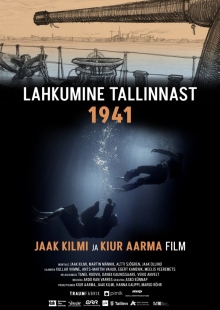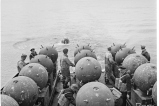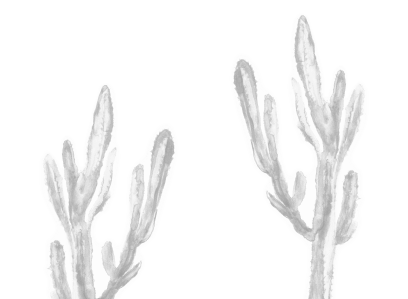

DocPoint 2025: Leaving Tallinn. 1941
documentary
Duration 1h 15m
Country Eesti, Soome
Director Jaak Kilmi, Kiur Aarma
Language estonian
Subtitle Language estonian
Levitaja Traumfabrik

In the face of the advancing German forces, the Red Army began evacuating Tallinn on 27 August 1941 in the direction of Kronstadt in Russia. More than 30,000 people, including survivors of the Red Army units defending Tallinn, fleeing communists, enlisted soldiers, and civilian evacuees were packed onto more than 200 ships.
Over the subsequent hours and days, 60 of those ships either hit mines that the Finns and Germans had laid along the Northern Estonian coast, were torpedoed or were bombed from the air. An estimated 15,000 evacuees died.
The Juminda Battle claimed more lives ...Show more
In the face of the advancing German forces, the Red Army began evacuating Tallinn on 27 August 1941 in the direction of Kronstadt in Russia. More than 30,000 people, including survivors of the Red Army units defending Tallinn, fleeing communists, enlisted soldiers, and civilian evacuees were packed onto more than 200 ships.
Over the subsequent hours and days, 60 of those ships either hit mines that the Finns and Germans had laid along the Northern Estonian coast, were torpedoed or were bombed from the air. An estimated 15,000 evacuees died.
The Juminda Battle claimed more lives than Pearl Harbor or Dunkirk, but this tragedy, in its almost incomprehensible scale, has been a largely unknown story to both Estonians and the rest of the world. Remembering the event did not honour either the Soviet Union or Finland and Germany, which later lost the war.
Masters of historical documentary films Kiur Aarma and Jaak Kilmi have constructed the story of Juminda as a chronological historical thriller, giving voice to those who participated in the event. These voices come from all sorts of places: the engine rooms of the ships, the bombers flying above them, the border guard posts, the lifeboats, a galley, a ship’s cabin, or caught between the black waves of the Gulf of Finland. The memoirs of Germans, Russians, Estonians and Finns provide their own perspective. The film also reveals how the terrible catastrophe of Juminda has been depicted, silenced, minimized or heroized in later historical accounts.
Show lessWhat is the special program “DocPoint 2025”?
Dokumentaalfilmide festival DocPoint laieneb 2025 aastal Helsingist Tallinnasse juba kuueteistkümnendat korda! Kavast leiab maailma dokiparemikku kuuluvad värsked dokumentaalfilmid. Linastused 4. veebruarist 9. veebruarini kinos Sõprus.
Screenings
No screenings at the moment














